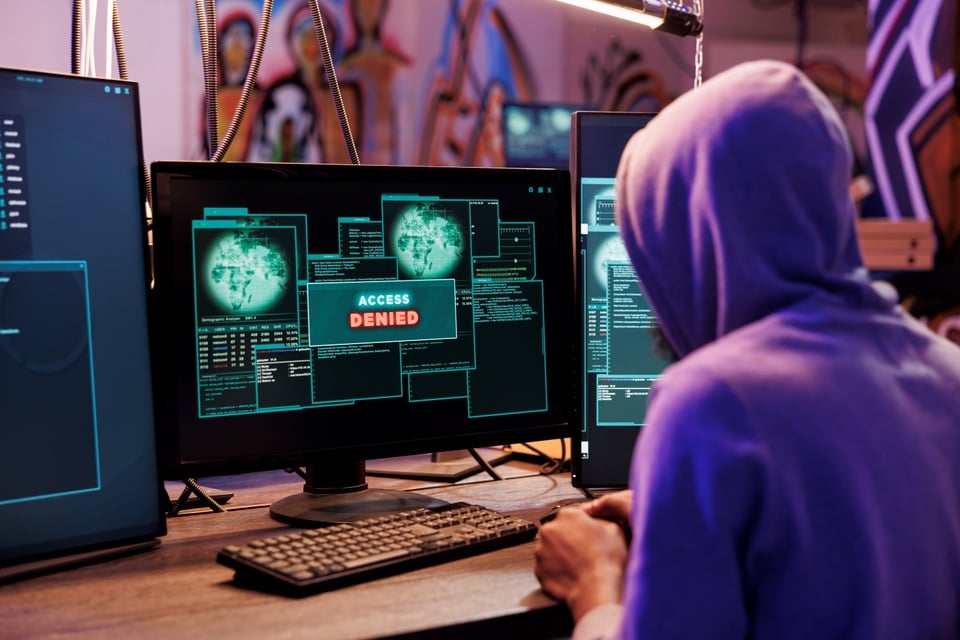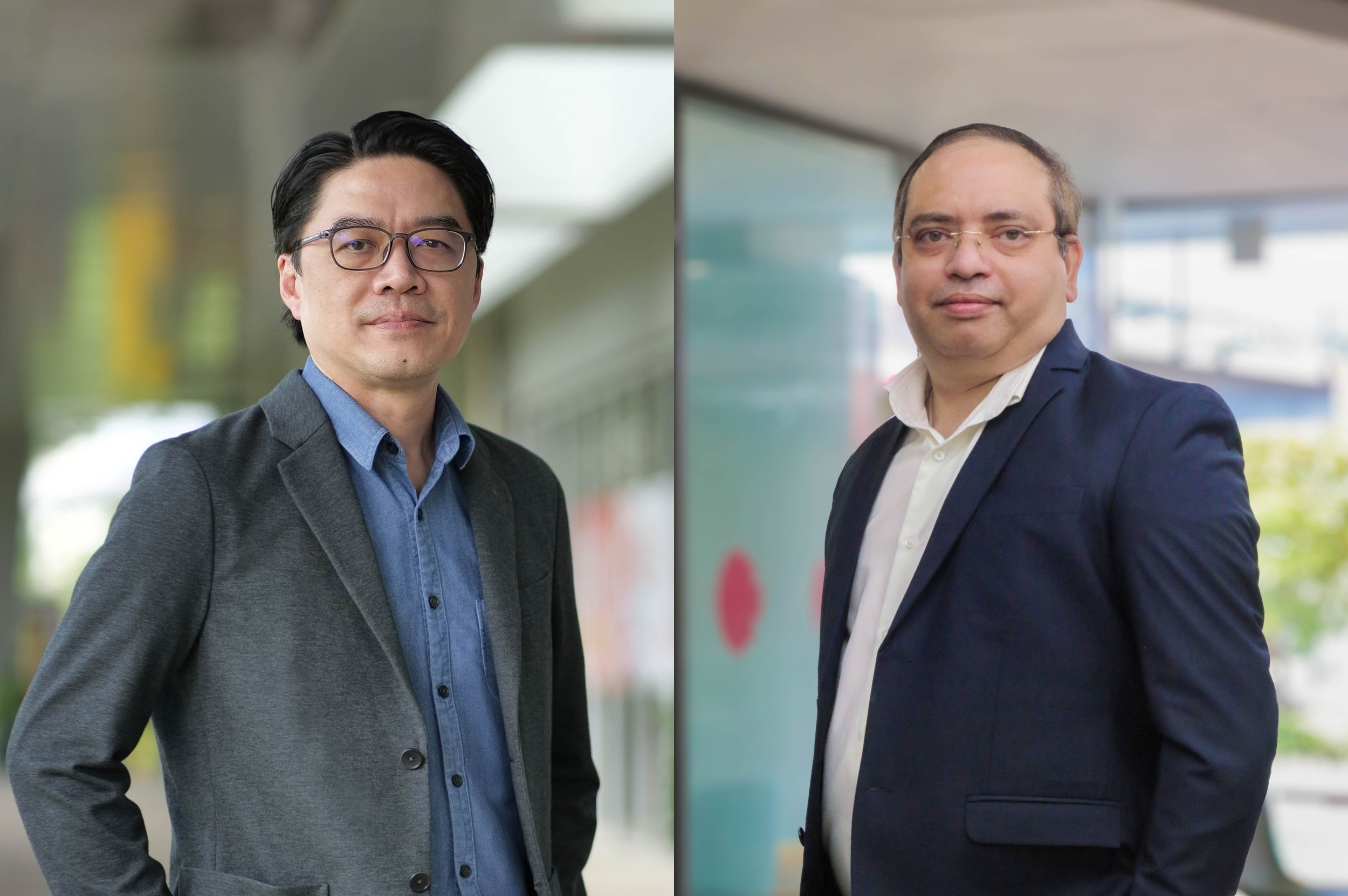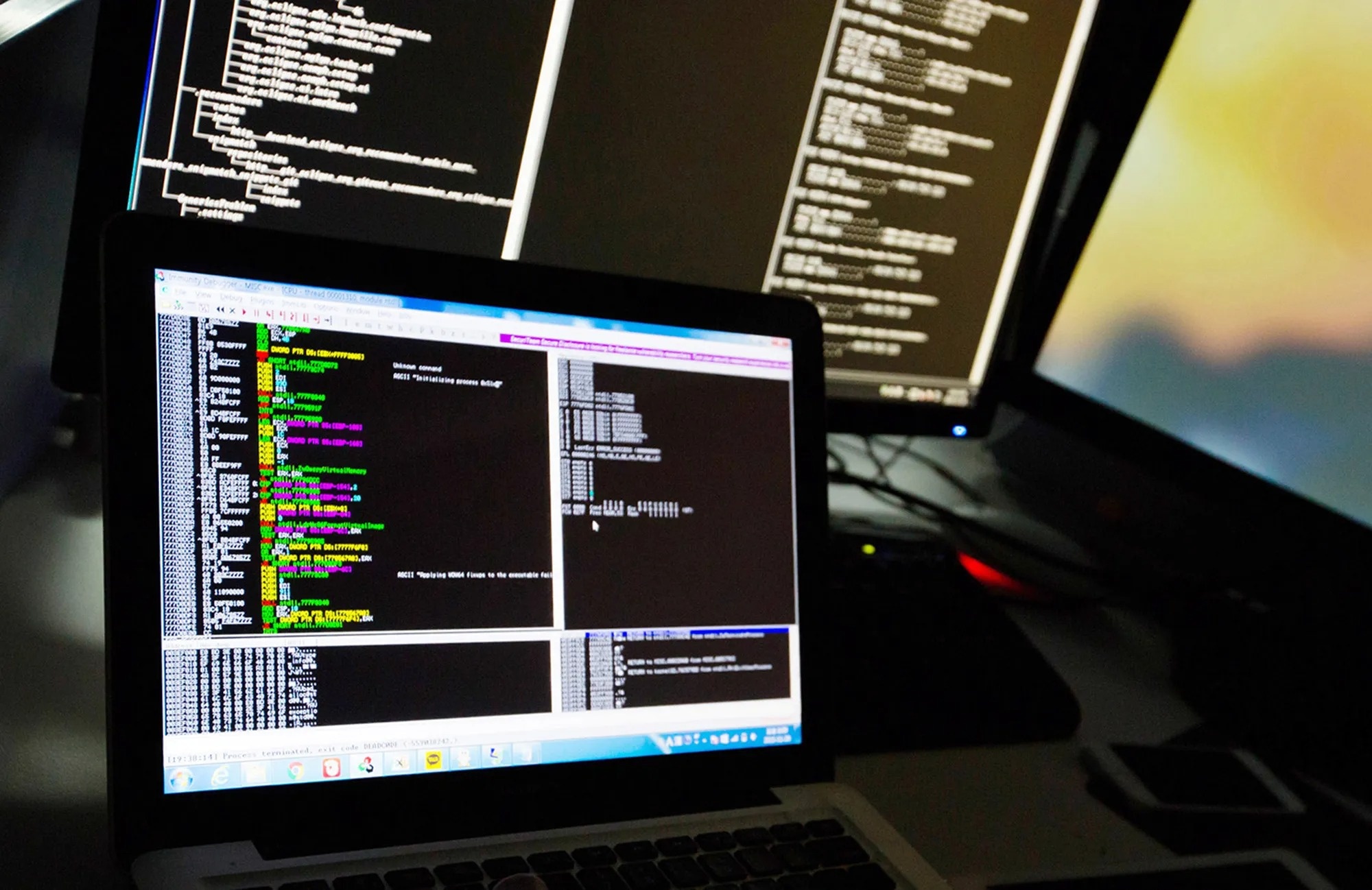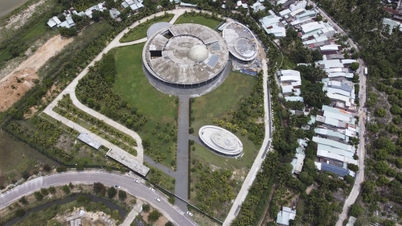 |
More and more individuals and organizations in Vietnam are becoming victims of cyber attacks. Photo: Freepik . |
Digitalization is accelerating economic growth and social change in Vietnam. Despite the development benefits, there are still risks surrounding cybersecurity.
According to a report released by Viettel in April, Vietnam recorded 14.5 million accounts with data leaked due to cyber attacks in 2024. Another study showed that the number of ransomware attacks in 2024 increased by 70% compared to the same period in 2023.
Vietnam's digital economy is expected to reach 45 billion USD by 2025, estimated to increase to 90-200 billion USD by 2030. By 2050, the digital economy will become the main driving force for national GDP. Therefore, building a solid cybersecurity system is essential to ensure stability and long-term growth.
Solutions to protect the future digital society
Dr Huo Chong Ling, senior lecturer in Software Engineering at RMIT Vietnam, said that cybersecurity plays a key role in ensuring safe transactions, resilient businesses, protected infrastructure and empowerment in a digital society.
“Progress in this area also contributes to enhancing Vietnam’s attractiveness as a destination for investment and technological innovation,” Dr. Ling emphasized.
By 2050, digital technology is expected to be deeply integrated into major cities in Vietnam. However, the more interconnected the system, the more important protection is.
“Protecting the digital society, where millions of devices are connected via the internet, will be a long-term challenge,” said Dr. Sreenivas Tirumala, senior lecturer in Information Technology at RMIT Vietnam.
 |
Dr. Huo Chong Ling (left) and Dr. Sreenivas Tirumala (right). Photo: RMIT Vietnam . |
According to Dr. Tirumala, Vietnam's future digital society needs to be built on a solid foundation of security for user identity, data and infrastructure. Useful supporting technologies such as AI-based firewalls and blockchain-based decentralized digital identification solutions.
“As AI-based threats become more prevalent, we need to apply AI-based cybersecurity models to deal with them.
These models are capable of automation, adaptation, and learning from both historical and real-time data. AI-based approaches can help infrastructures heal, at least partially, when attacked from outside,” Dr. Tirumala added.
The role of quantum computing was also emphasized by Dr. Tirumala. According to the representative of RMIT Vietnam, the new technology promises to help computers solve complex problems, far beyond the limits of current computers.
If abused, quantum computing could break many encryption algorithms, causing users to lose access to medical services, financial services or layers of personal information protection.
“By 2050, it is expected that most cloud computing companies will offer quantum computing services at reasonable costs. Therefore, developing future-proof data encryption methods is imperative,” said Dr. Tirumala.
Education still plays an important role
Although technology is evolving rapidly, Dr. Tirumala and Dr. Ling share the view that people and policies are the key to success.
“To combat cyber security threats, especially to critical infrastructure, we need national standards to ensure uniformity and control of cyber security measures,” Dr. Tirumala shared.
Education is also an important factor. According to Dr. Ling, the biggest weakness in Vietnam's current cybersecurity infrastructure is the lack of qualified human resources.
 |
Cyber security becomes an important factor in the development of digital society. Photo: Bloomberg . |
By 2023, the country will have fewer than 4,000 experts in the field. According to Dr. Ling, that is not enough to meet the growing demand due to cyber threats.
“A cybersecurity strategy is only effective when there are competent people behind it. Without a team of good experts, no matter how large the investment or how advanced the technology, organizations will find it difficult to cope with increasingly sophisticated threats,” Dr. Ling shared.
RMIT Vietnam representative emphasized the role of universities in promoting research and training high-quality human resources.
“We are on the right track but need to accelerate. Cybersecurity is not only a defensive shield, but also a foundation to realize the digital future that Vietnam is aiming for,” Dr. Ling added.
Source: https://znews.vn/thach-thuc-bao-ve-xa-hoi-so-tai-viet-nam-post1588477.html


![[Photo] General Secretary To Lam attends the 8th Congress of the Central Public Security Party Committee](https://vphoto.vietnam.vn/thumb/1200x675/vietnam/resource/IMAGE/2025/10/4/79fadf490f674dc483794f2d955f6045)

![[Photo] Solemn opening of the 8th Congress of the Central Public Security Party Committee, term 2025-2030](https://vphoto.vietnam.vn/thumb/1200x675/vietnam/resource/IMAGE/2025/10/4/f3b00fb779f44979809441a4dac5c7df)
![[Photo] Bustling Mid-Autumn Festival at the Museum of Ethnology](https://vphoto.vietnam.vn/thumb/1200x675/vietnam/resource/IMAGE/2025/10/4/da8d5927734d4ca58e3eced14bc435a3)













































![[VIDEO] Summary of Petrovietnam's 50th Anniversary Ceremony](https://vphoto.vietnam.vn/thumb/402x226/vietnam/resource/IMAGE/2025/10/4/abe133bdb8114793a16d4fe3e5bd0f12)

![[VIDEO] GENERAL SECRETARY TO LAM AWARDS PETROVIETNAM 8 GOLDEN WORDS: "PIONEER - EXCELLENT - SUSTAINABLE - GLOBAL"](https://vphoto.vietnam.vn/thumb/402x226/vietnam/resource/IMAGE/2025/7/23/c2fdb48863e846cfa9fb8e6ea9cf44e7)
































Comment (0)